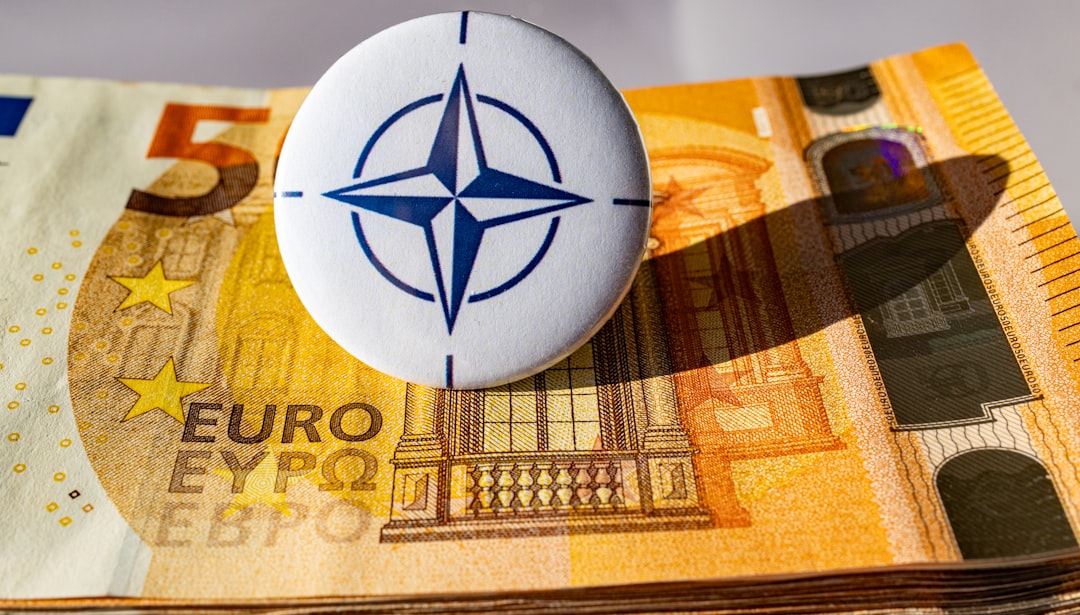Uncertainty at the Helm: What Trump's NATO Ambiguity Means for Global Security
Former President Donald Trump’s recent comments—casting doubt on whether he would honor NATO’s mutual defense guarantees—send ripples far beyond typical campaign rhetoric. When asked if he’d commit to defending NATO allies, Trump responded, “It depends on your definition,” reigniting debates around the core pillars of Western security and alliance reliability.
A Pillar Wobbles: Why Article 5 Matters
NATO’s Article 5 is its beating heart: an attack on one member is considered an attack on all. It has only been invoked once, after 9/11, demonstrating the alliance’s gravity in real crises. The very credibility of this guarantee keeps aggressive powers in check and forms the bedrock of transatlantic security.
Trump’s Ambiguity—Calculated or Risky?
Trump’s equivocation is not new—during his presidency, he repeatedly pressured allies to increase military spending and even questioned America’s continued commitment if allies “aren’t paying their fair share.” Critics argue that this unpredictability undermines deterrence, emboldens adversaries, and rattles allies:
| Perspective | Pros | Cons |
|---|---|---|
| Trump’s View | Forces allies to invest in defense; reduces U.S. costs | Weakens alliance unity; creates opening for rivals |
| Traditional View | Ensures unified deterrence; clear commitment | Higher U.S. defense burden; less leverage for reforms |
The Stakes: More Than Just Words
- Europe’s anxiety: Eastern European nations, especially those bordering Russia, depend on unwavering U.S. support. Lingering doubt could push them to reconsider their own security strategies, even entertain new alliances or independent nuclear deterrents.
- Authoritarian opportunism: Strategic ambiguity may embolden Russia or China to test Western resolve, raising the risk of miscalculation or “grey zone” aggression—think cyberattacks or hybrid warfare.
- Transatlantic trust: A NATO in doubt could fracture partnerships and prompt an arms race, undermining decades of diplomatic and economic cooperation.
Historical Perspective & What’s at Stake
Presidential commitment to NATO has vacillated, but the underlying ethos—“all for one, and one for all”—has remained. Trump’s stance challenges this consensus, illustrating how American politics ripple across continents.
Perhaps most tellingly, Trump’s position reflects a broader trend toward transactional foreign policy, where alliances are weighed by immediate cost-benefit, not shared values or long-term strategy. In a world where competitors openly test boundaries, willingness to stand by allies—or equivocate—can be the difference between stability and chaos.
This article was inspired by the headline: 'Trump says whether he'll commit to NATO mutual defense guarantee 'depends on your definition' - AP News'.

Comments
No comments yet. Be the first to comment!